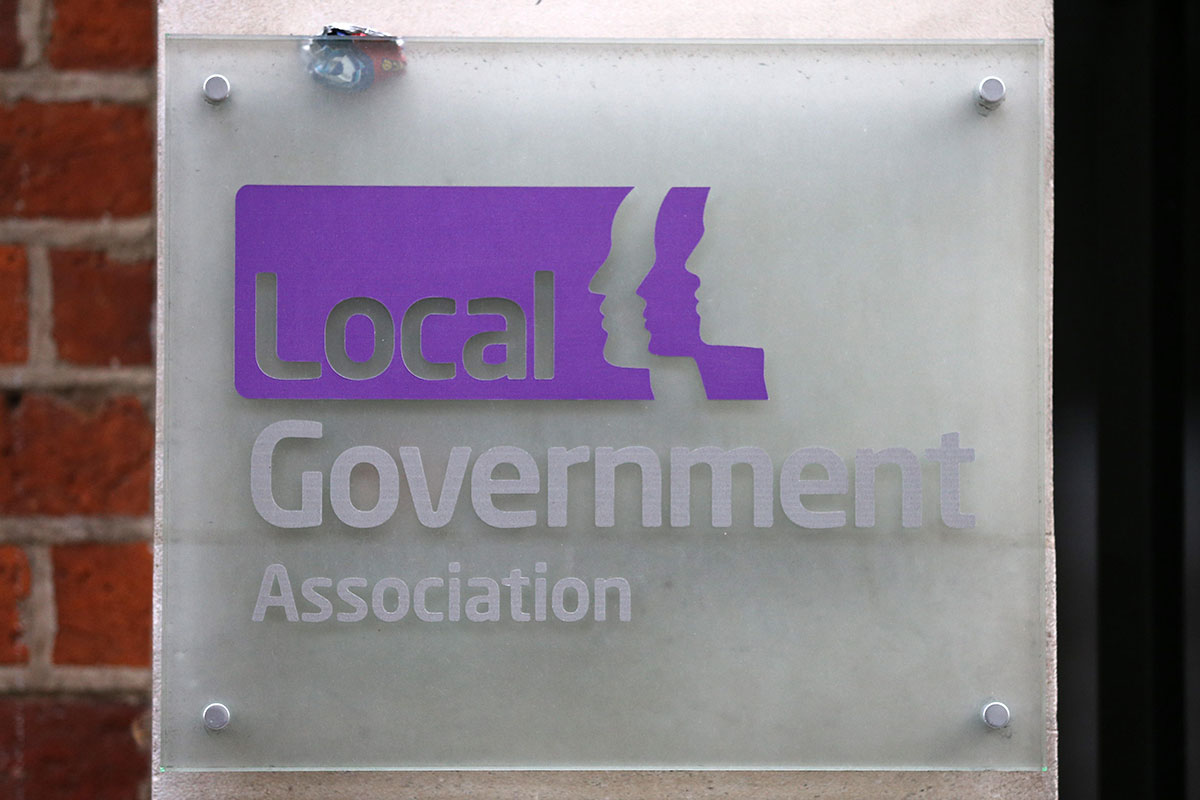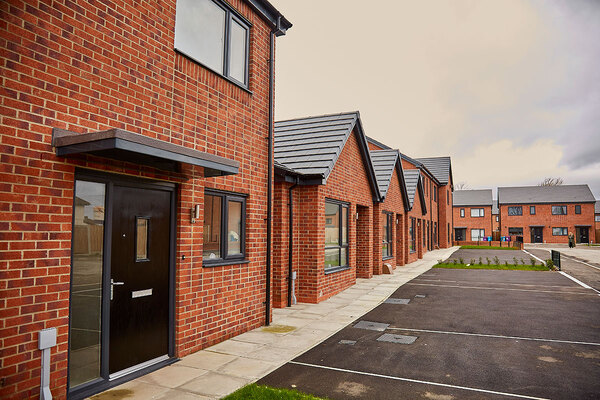You are viewing 1 of your 1 free articles
LGA responds to claims about £8bn unspent funds from developers
The Local Government Association (LGA) has spoken out after new research suggested that councils are “sitting on” £8bn of payments collected from developers, including money from Section 106 agreements.
Responding to the research, Adam Hug, housing spokesperson at the LGA, said while funds “may be classed as unspent”, it is “important to look at what has been allocated by the council instead to understand how the council plans to spend the money”.
A study by the Home Builders Federation (HBF) estimated that around £6bn raised through Section 106 agreements is currently unspent, while £2bn has not been used from funds raised through the Community Infrastructure Levy (CIL).
The trade body, which published the research just over a week before the Autumn Budget, called on the government to consider “legislative options or stronger guidance" to require councils to spend developers’ contributions.
However, Mr Hug said the money collected from developers is held “until it can be spent on the projects which it has been earmarked for”.
The HBF claimed that the unspent funds revealed “a lack of capacity or willingness to spend developer contributions by some local authorities”.
On average, councils hold £19m in unspent Section 106 contributions, according to the HBF’s research, which is based on Freedom of Information requests from 208 local authorities.
The organisation argued this was “fuelling misguided objections to development that cite a lack of infrastructure for local communities”.
Section 106 is an agreement between a developer and a council that often includes a financial contribution towards the cost of infrastructure and a commitment to provide affordable housing on a scheme.
Mr Hug added: “This can be a complex process which often requires pooling funds from multiple developments and other funding sources, such as government grants, while also relying on multiple and varying timelines for completion of development phases.
“Delays can also arise from the need for careful financial planning to ensure contributions are used efficiently, with major projects such as schools or highways requiring significant co-ordination.”
He also said that affordable housing contributions can “take time to utilise due to… securing sites or obtaining planning permissions”.
Housing associations have warned that their appetite to acquire Section 106 homes is waning as they face mounting costs from issues such as building safety and decarbonisation.
In August, 75,000-home landlord Riverside told Inside Housing it would not be bidding on Section 106 homes for the “foreseeable future”.
Last year, the previous government proposed scrapping Section 106 and the CIL to replace it with a new Infrastructure Levy. But in August this year, the new Labour government said it will not be implementing the proposed new levy.
Sign up for our daily newsletter
Already have an account? Click here to manage your newsletters











